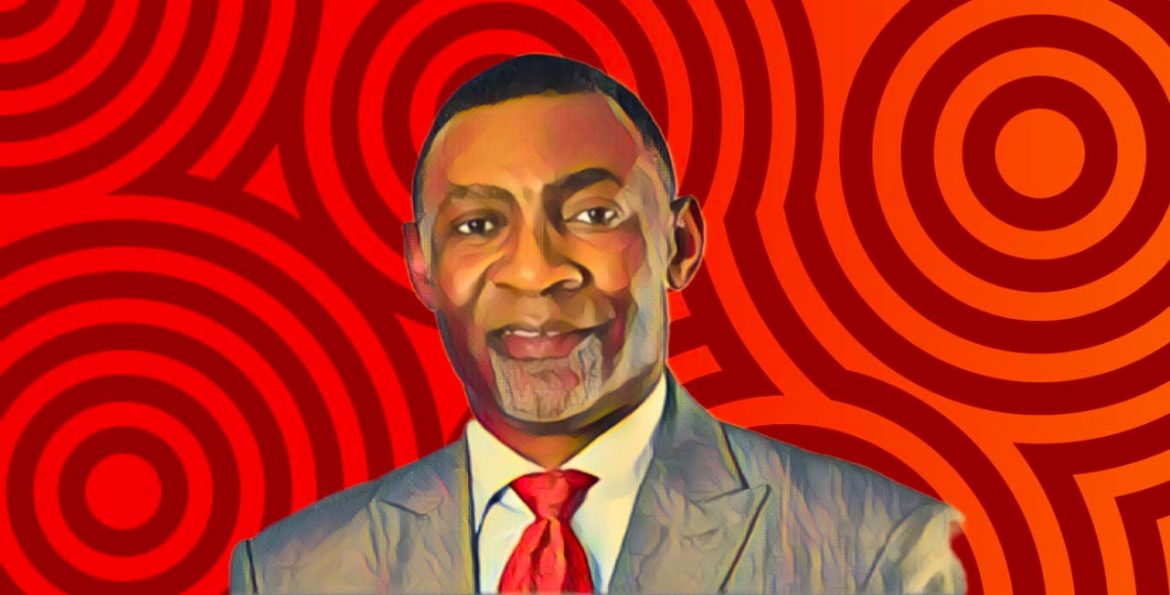Ghana is facing a backlash from human rights groups and the international community over a bill that would outlaw homosexuality and impose harsh penalties on LGBTQ+ people and their supporters.
The bill, dubbed the “Proper Human Sexual Rights and Ghanaian Family Values Bill”, was introduced in parliament in July by a group of lawmakers who claim to protect Ghanaian culture and morality.
The bill would ban same-sex relationships, marriage, and adoption, as well as any advocacy or expression of LGBTQ+ rights. It would also criminalize anyone who offers or receives counseling, funding, or medical services related to LGBTQ+ issues.
According to a report by Ghana Web, the bill proposes sentences ranging from three to five years for LGBTQ+ people, and up to 10 years for those who promote or support them. It also empowers a “Conversion Therapy Board” to oversee the “treatment” of LGBTQ+ people to change their sexual orientation or gender identity.
The bill has sparked outrage and condemnation from local and international human rights activists, who say it violates the fundamental rights and dignity of LGBTQ+ people and creates a climate of fear and violence.
A Threat To Democracy and Development
According to Human Rights Watch, the bill is one of the most draconian and sweeping anti-LGBTQ+ laws proposed in the world. The organization said the bill would undermine Ghana’s reputation as a stable democracy and a leader in Africa.
“The anti-LGBT bill is a threat to the progress that Ghana has made on human rights, democracy, and development,” said Wendy Isaack, LGBTQ+ rights researcher at Human Rights Watch. “It would violate the rights to privacy, freedom of expression, association, and health, and expose LGBTQ+ people and their allies to discrimination, violence, and prosecution.”
The bill has also drawn criticism from the United Nations, the European Union, the United Kingdom, the United States, and other countries that have diplomatic and economic ties with Ghana. They have urged Ghana to respect its international obligations and protect the rights of all its citizens, regardless of their sexual orientation or gender identity.
The bill’s sponsors, however, have dismissed the international pressure and accused the foreign powers of interfering in Ghana’s internal affairs and imposing their values on the country.
A Call for Dialogue and Tolerance
Despite the widespread opposition, the bill has some support among Ghanaian religious and traditional leaders, as well as some segments of the public, who view homosexuality as a sin and a foreign import.
Ghana is a predominantly Christian country, with a Muslim minority, and both faiths have historically condemned homosexuality. Homosexuality is already illegal in Ghana under a colonial-era law that punishes “unnatural carnal knowledge” with up to three years in prison.
However, some Ghanaian voices have spoken out against the bill and called for dialogue and tolerance. They include some civil society groups, media outlets, celebrities, and politicians, who have expressed solidarity with the LGBTQ+ community and urged the parliament to reject the bill.
One of them is Rev. Dr. Lawrence Tetteh, a prominent evangelist and founder of the Worldwide Miracle Outreach. He said he does not support homosexuality, but he also does not agree with the bill and its harsh provisions.
“I feel very disappointed when Ghanaians like you and I will complain about the anti-gay bill. We have values in this country. We have cultural and moral values in this country. Men marry women. And so whether you are Muslim, a traditional ruler, or the church, homosexualism is an abomination,” he said in an interview on TV3.
“But when it comes to LGBTQ, there’s only one thing I keep telling people. Don’t be violent against them,” he added.
The bill is currently under review by a parliamentary committee, which will hold public hearings and consultations before submitting a report to the plenary for a vote. The process could take months, and the outcome is uncertain.
Meanwhile, LGBTQ+ people and their allies in Ghana are living in fear and uncertainty, hoping that their rights and lives will be respected and protected.
Despite the challenges and risks, some LGBTQ+ activists in Ghana are not giving up their fight for equality and justice. They are using social media, online platforms, and creative arts to raise awareness and challenge the stigma and stereotypes that fuel the discrimination and violence against them.




